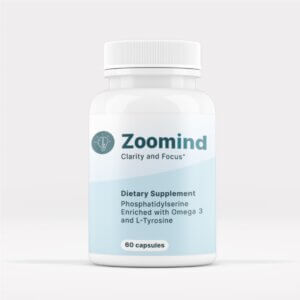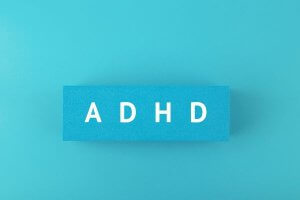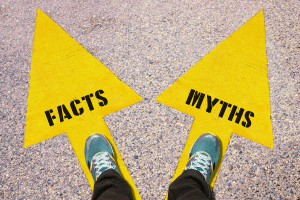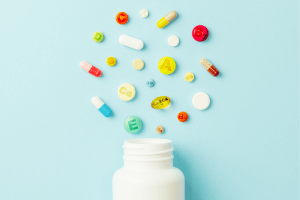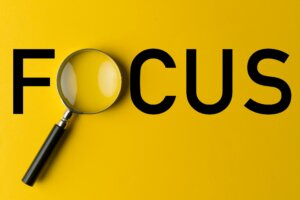
So, the question becomes, what natural ADHD supplements work for adults and kids?
Let’s begin by looking at how focus supplements for ADHD can work together with medication and behavioral therapy or as an alternative to help ease the symptoms of ADD and hyperactivity.
We have written about alternative treatments and the two major drugs used in the treatment of ADHD. The common feature of these studies is that medications like methylphenidates and amphetamines can boost neurotransmitters like dopamine and norepinephrine, but they come at some cost regarding side effects, which can be short-term and long-term.
Many simple dietary changes have been shown in studies as having similar effects on dopamine and norepinephrine levels to the most common medications. These fall into a few broad categories and focus supplements can easily be added to the diet of children and adults. The most important groups of dietary supplements are:
- Vitamins
- Minerals and trace elements
- Polyunsaturated Fatty Acids (PUFAs)
Which vitamins help with ADHD?
Vitamin B and Vitamin C
The primary vitamins named in the literature to support symptoms of ADHD are vitamins B and C. They are needed to produce neurotransmitters like dopamine. Furthermore, vitamin B deficiency has been linked to irritability and fatigue in children.
Vitamin C for ADHD should only be necessary for children with serious dietary deficiencies. Care needs to be taken because there is some possible conflict between supplementary vitamin C and some of the standard ADHD medications, making it essential to keep them separated by at least one hour between dosages.
Which minerals and trace elements help with ADHD?
Zinc
Some research indicates that zinc plays a central role in the cases of people with symptoms of hyperactivity and impulsivity but not for those whose main symptoms are attention deficit. According to one study about the role of zinc in the treatment of hyperactivity disorder in children, dopamine is one of the most critical factors in the pathophysiology of hyperactivity disorder, and zinc is an essential factor in the metabolism of melatonin, which in turn has an important role in regulating dopamine.
Iron
In another study about iron deficiency in children with attention-deficit/hyperactivity disorder, the conclusion is that there is a similar link between the levels of iron in a child’s diet and the levels of hyperactivity and that “low iron stores contribute to ADHD and that ADHD children may benefit from iron supplementation.”
Magnesium
Magnesium is another mineral that can calm hyperactivity and agitation. There has not been enough research yet into the exact effects, but many specialists that promote focus supplements for ADHD suggest a dose of 100-300 mg. of elemental magnesium twice daily in the form of magnesium glycinate, citrate, or chelate.
How do PUFAs help people with ADHD?
The most widely researched and solidly recommended supplements for attention and focus in ADHD supplements for adults and ADHD supplements for kids are Omega-3 fatty acids – specifically eicosapentaenoic acid (EPA) and docosahexaenoic acid (DHA). DHA is the most abundant fatty acid in the brain and is especially important in nerve cell structure and function. It is needed for optimum visual acuity, and extra DHA improves mental development. Adequate levels of DHA make it easier, quicker, and more effective for nerve cells to communicate. EPA controls inflammation and how well the brain develops and functions.
Unless a person eats a diet rich in omega-3 fatty acids, there is a more substantial risk that ADHD will manifest. For most people, especially children, getting the proper levels of suitable omega-3 fatty acids, primarily from fresh fish like salmon, tuna, sardines, and mackerel is challenging. A growing child needs at least 2-3 main meals each week just to keep the levels up, and if there is already a deficit, then the intake would need to be increased. This is both difficult and expensive. A natural ADHD supplement for both children and adults makes good sense.
